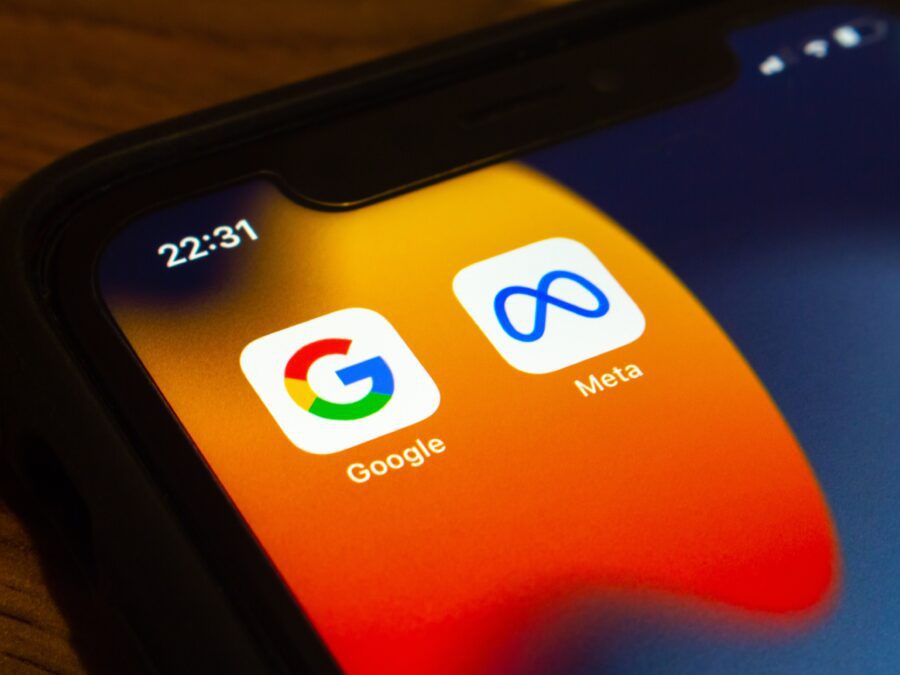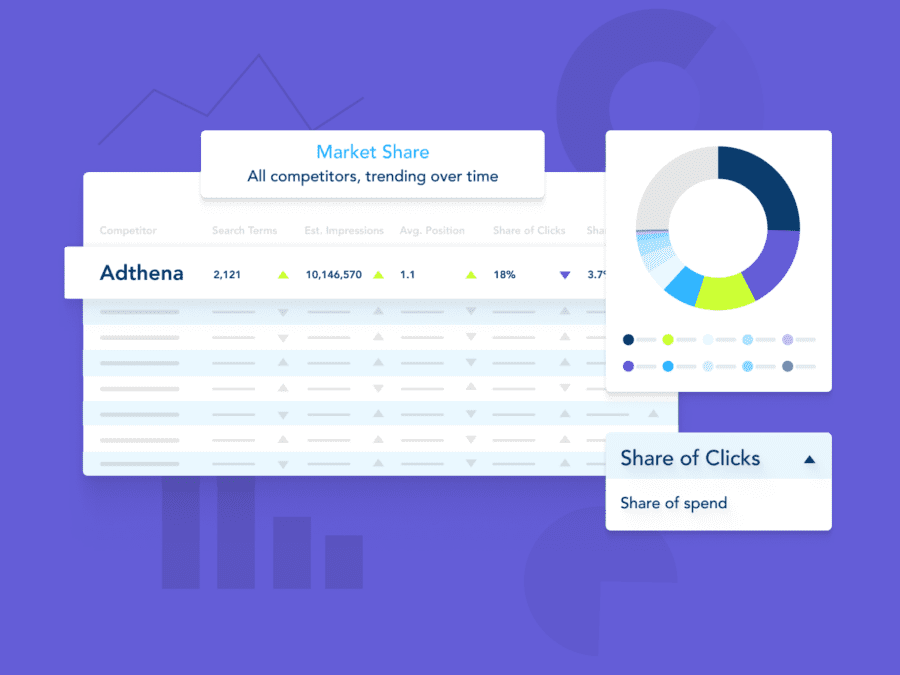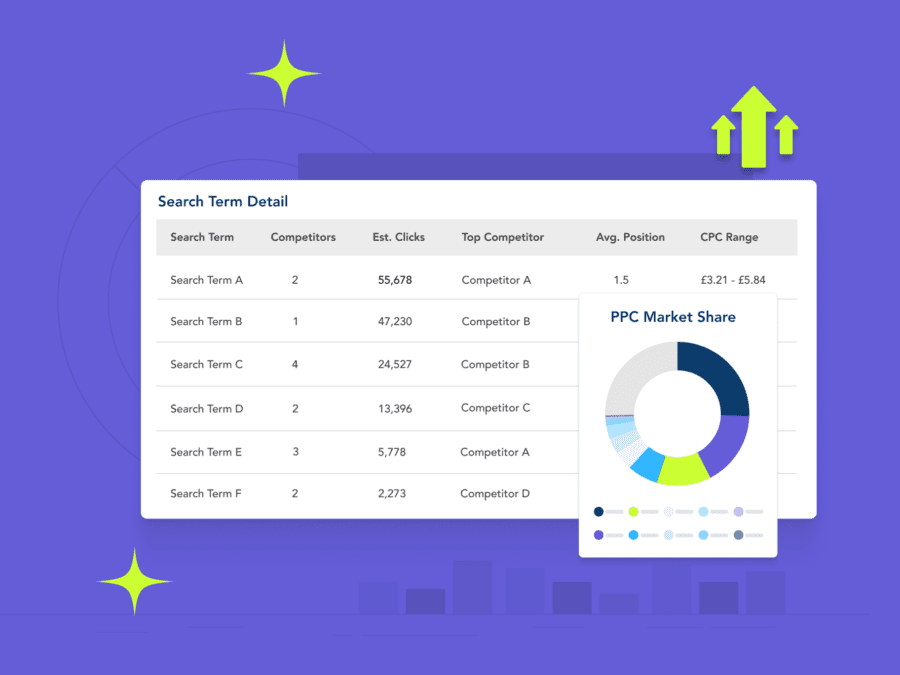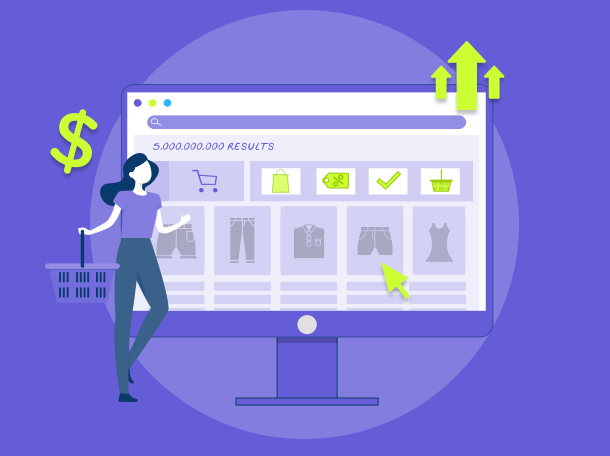In this blog, we chat to digital marketing and search expert, Fred Maude, about where marketers can best align their budgets in 2023 to see the best return on ad spend.
About Fred
Fred Maude is a multi-award-winning product leader and digital marketer. He developed his passion for code as a flood modeller in Oman, before moving agency-side as a campaign analyst at Incubeta in the UK. A couple of award wins later, Fred moved to the product team where he led the development of Seamless Search and ByBuyBye products, eventually moving on to found Addesu with the aim of building partnerships between digital marketers and brands. In 2022 Fred has also been consulting at Adthena, supporting the growth of the product.
Serra: As a digital and search expert, how do you see the focus of marketing budgets changing as we move into 2023?
Fred: The digital & wider macro climate is increasing pressure on marketers to drive immediate, measurable results. As a result, marketers are starting to prioritise paid search over paid social. The shift is being caused by the increased difficulty of measuring the success of social campaigns. The problem is that by prioritising budgets in this way, brands are likely to see a long term negative impact of a reduction in higher funnel activity.
Serra: Tell us more, why is paid search taking over from paid social?
Fred: If we rewind back to early 2021, we can get a better picture of how to answer this question. Over a year ago, Apple announced privacy changes to its iOS data called App Tracking Transparency (ATT). The aim was to give users more control of their data, but consequently limited the control and increased the confusion marketers had regarding their targeted ads.
This issue is compounded by the fact that marketers for so long were used to seeing inflated numbers in Facebook. The jump from over to under reporting has made people react more harshly then they may have done otherwise.
Serra: What was causing Facebook to overinflate reporting?
Fred: There are two key drivers for this. One is that Facebook measures in a silo, so ignores any other channels. Therefore a user could have 10 other touchpoints before converting, but Facebook would take all the credit regardless. Secondly, default tracking includes post-view attribution, so could pick up a number of sales where the user didn’t interact with the ad.
When the iOS14.5 changes came about, this led to a drop off in Meta’s visibility on a huge numbers of users. As a result, Facebook Meta data doesn’t look as strong as it used to be, encouraging marketers to move budgets elsewhere.
Serra: If awareness strategies are being turned down, how are brands relying on channels to build this that drives down conversion in search? Brands will still need awareness strategies to some degree, correct?
Well, one key issue to note is the macro economic state; the reality is that businesses are going through similar inflation struggles to consumers. The same result applies – people are looking to either cut budgets and save money or shifting budgets to areas where they can expect better returns.
As a result, paid search proves to be the area where tracking is more reliable. As it is lower funnel, people usually purchase straight after the click. It’s important to note that the value of paid social hasn’t necessarily decreased, but it has just certainly become more difficult to measure due to the changes from Apple. This is a pressing issue for social marketers.
Serra: So, how should marketers balance their advertising mix?
Fred: Paid search is better at delivering ROI for brands and agencies than social if you look at it solely on a last-click attribution basis. But if you run Google Ads with no social and no programmatic display, you’re not going to be getting your brand out there. So you need a mix across channels with paid search delivering the conversions.
Brands could also benefit by investing some of their budget in the new advanced attribution & analytics platforms rather than simply shifting the budget from Meta to Google. In this case, the impact of shifting budgets can be better understood rather than just dramatic.
Serra: What do you see as the next big change in search from Google?
Fred: We’re in the midst of it as we speak. Google is taking away controls from advertisers and encouraging people more towards their own automation. When we talk about moving to Google automation, Adthena has an integral part to play. Advertisers now have less data and less visibility over what they’re doing. The solution? Enter: Adthena’s Whole Market View. Adthena will be able to give brands back visibility over their search terms and their competitors that Google is taking away.
Request a demo here to get a clear picture of your competitive landscape.




